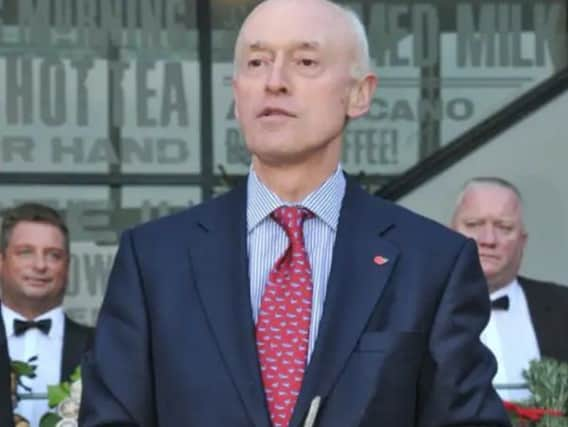Women to make up half the directors of economic growth board - but there's a long way to go


Currently, just two out of nineteen members of the Lancashire Local Enterprise Partnership (LEP) board are female.
As part of a government-ordered review of LEPs across the country, women will have to occupy a third of the seats at the table by March 2020, with the more ambitious 50:50 target set for three years later.
Advertisement
Hide AdAdvertisement
Hide AdEdwin Booth, chair of the county’s LEP, told a recent board meeting that it was vital that the changes were implemented by “recognising talent”.
“This is not just about representation, it’s about getting the right people with the right skills. What I certainly don’t want in future is for this board to consider women as a box-ticking exercise,” Mr. Booth said.
The meeting heard that work was underway to ensure that appropriate "linguistics" were used when advertising vacancies.
Meanwhile, Lancashire County Council leader, Geoff Driver, warned that gender balance should be judged across the entire board membership.
Advertisement
Hide AdAdvertisement
Hide Ad“It is fundamentally wrong, in my view, to split the public sector and the private sector - [the board] should be looked at as a whole to achieve the balances we need to achieve.
“We might find ourselves coming up against these deadlines and not being able to meet them,” County Cllr Driver added.
The requirement for gender balance is part of a raft of new governance arrangements which LEPs have been told to implement. Lancashire’s LEP has bid for a £200,000 government grant to cover associated costs, including recruitment consultants and legal advice. But, in the meantime, it has committed the sum from its existing funds.
The meeting heard concerns that private sector dominance of the board could lead to local authorities being outflanked on big decisions such as the imminent appointment of a new chair. Edwin Booth will step down next month after seven years in the role.
Advertisement
Hide AdAdvertisement
Hide AdBurnley Council leader, Mark Townsend, suggested a 75 percent threshold for votes, rather than a simple majority. Just under three quarters of the board is currently from the private sector and the government’s review demands that the figure never drops beneath two thirds.
Board member Jim Carter said he was “supportive” of the suggestion, but did not believe the formal response to government was best place to design a policy on the issue.